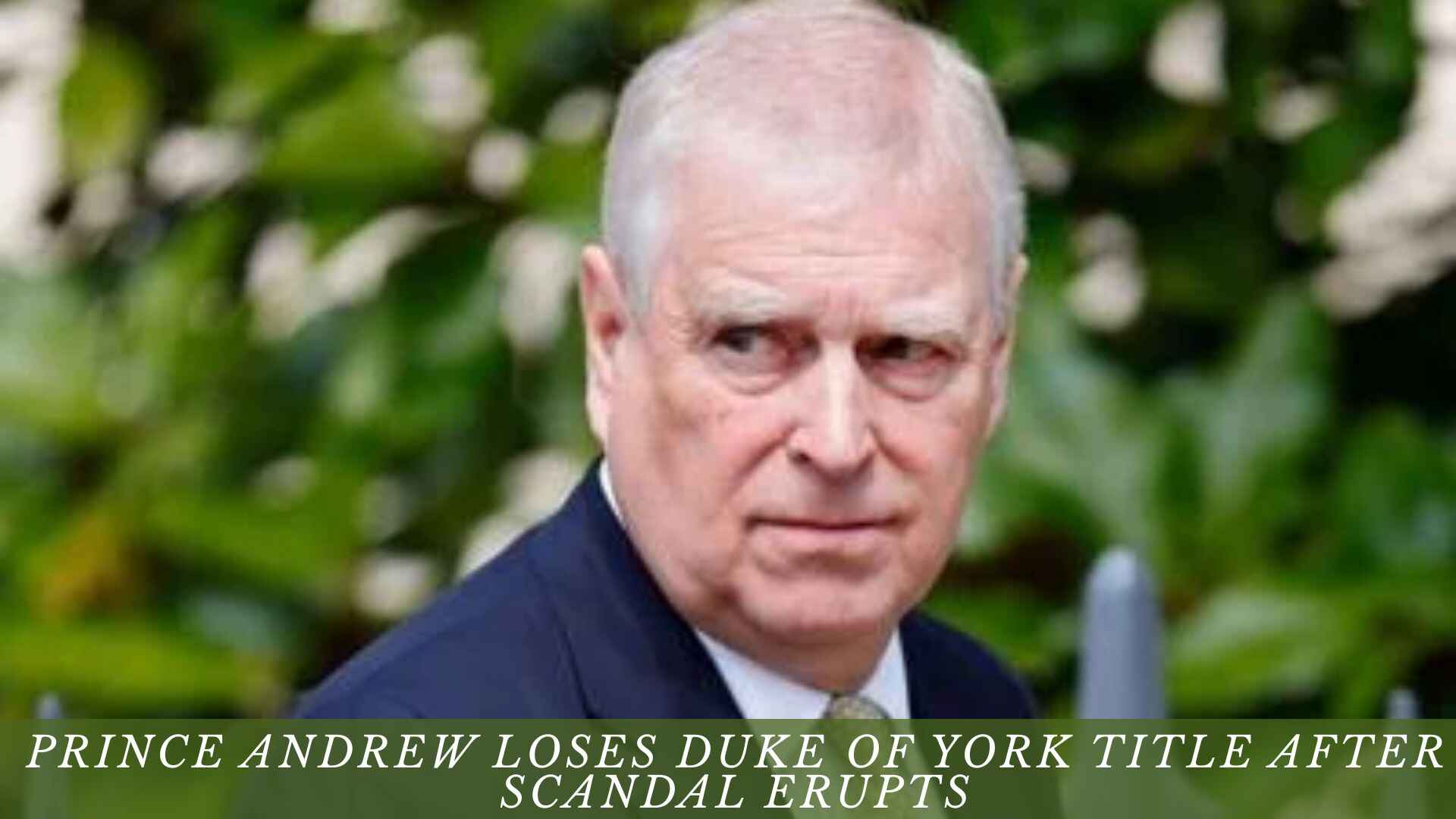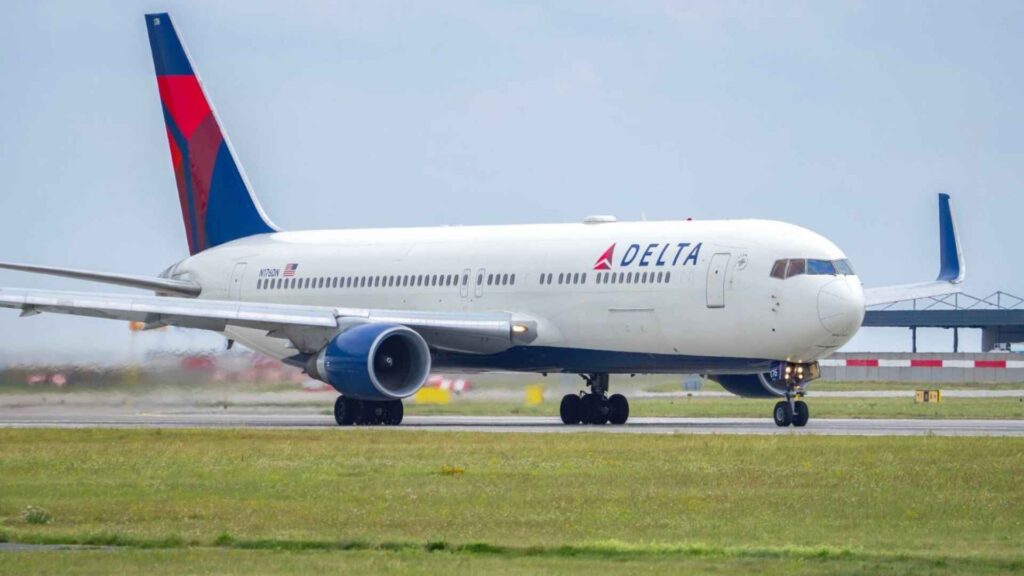In a dramatic move that has reverberated across Britain and beyond, Prince Andrew will no longer use his title of Duke of York, a decision prompted by ongoing fallout from his ties to convicted sex offender Jeffrey Epstein. The announcement, confirmed by Buckingham Palace Friday, marks the latest and most definitive step in Andrew’s six-year decline from royal prominence.
According to palace insiders, the decision came after private discussions between King Charles III and senior aides who agreed that Andrew’s continued use of the title had become “untenable.” The once-trusted royal now finds himself officially sidelined, as the monarchy works to protect its image from enduring scandal.
A Royal Fall from Grace
The removal of the Duke of York title marks a defining moment in Prince Andrew’s long-running downfall, one that has unfolded under intense public and media scrutiny.
The Shadow of Epstein
The downfall of Prince Andrew traces back to his controversial friendship with Epstein. After the financier’s 2019 death, scrutiny intensified around Andrew’s involvement, particularly following his ill-fated BBC interview in which he denied wrongdoing but failed to convince the public. Since then, the prince has withdrawn from public duties, facing relentless criticism and pressure to sever all formal royal ties.
Reports from NBC News and The Guardian confirm that renewed media attention and ongoing legal discussions surrounding Epstein’s associates reignited public anger, forcing the royal family’s hand. Palace sources say King Charles viewed Andrew’s title as “a lingering reminder of an unresolved stain” on the institution.
The Breaking Point
The latest developments, including the release of victim memoirs and new civil filings, triggered a decisive response. A royal insider told Fox News that Prince William and the King were united in urging Andrew to give up the title voluntarily to preserve the monarchy’s credibility. “The Duke of York had become a liability,” one senior commentator said.
Why the Duke of York Title Matters
This decision isn’t just symbolic—it cuts deep into royal tradition and public perception, reshaping how the monarchy manages scandal in the modern era.
Historic Weight, Modern Consequences
The Duke of York title carries deep historical significance—it has traditionally been held by the monarch’s second son for centuries. Yet, for Prince Andrew, the honor had become a symbol of controversy. While he remains “Prince Andrew” by birthright, he will no longer use the dukedom or its privileges in any official or social capacity.
Royal analysts say the move is as much about optics as protocol. “It sends a message that the monarchy is not above accountability,” said royal historian Anthony Seldon. “The King has drawn a firm line between private scandal and public duty.”
The Role of King Charles and Sarah Ferguson
Behind closed doors, King Charles is said to have been patient yet firm. According to The New York Times, the King consulted with advisers for weeks before a final agreement was reached. Meanwhile, Sarah Ferguson, Andrew’s ex-wife, reportedly supports the decision, telling friends she “understands it’s the right step for the family.”
Expert Reactions and Public Response
The reaction to Prince Andrew’s decision has been swift, with experts, advocacy groups, and royal watchers framing it as a landmark turning point for the monarchy.
Analysts Call It a ‘Watershed Moment’
Media experts describe the step as one of the most significant internal royal restructures in decades. Reuters reports that stripping or surrendering a dukedom is “virtually unprecedented in modern royal history.” Advocacy groups for Epstein’s victims, including representatives for Virginia Giuffre, called the announcement “a long-overdue acknowledgment of accountability.”
Damage Control for the Monarchy
Public opinion surveys conducted after the announcement show cautious approval. “It’s less about punishment, more about preservation,” noted British sociologist Dr. Amanda Grieve. “By drawing this line, King Charles is setting the tone for a leaner, more transparent monarchy—one that cannot afford reputational risk.”
What Lies Ahead for Prince Andrew and the Monarchy
As the dust settles, questions remain about what this move truly means for Prince Andrew’s future—and the broader image of the royal family.
Royal aides say no further disciplinary steps are expected immediately, but discussions continue about Andrew’s long-term position within the royal estate. Some sources suggest he may permanently retreat to private life at his Windsor residence, while others expect limited charitable work under tight oversight.
For Prince Andrew, the loss of the Duke of York title effectively seals his exit from public life. For King Charles, it represents a firm assertion of modern leadership—choosing institutional survival over sentiment. As the monarchy recalibrates, one thing is certain: the era of quiet tolerance for royal scandal is over.







